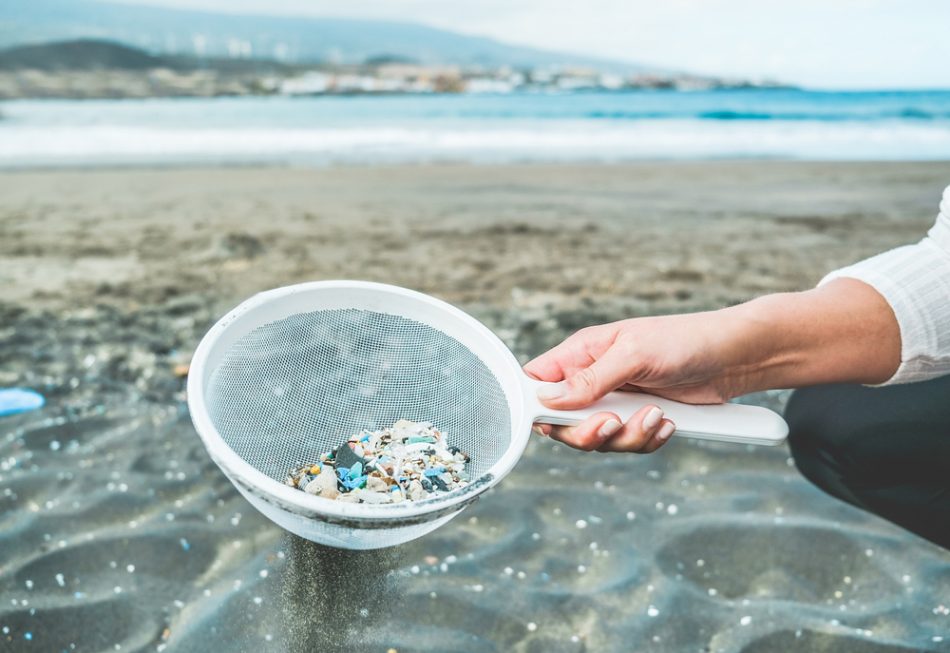Plastic pollution is a huge concern, especially for marine environments. To tackle the growing plastic crisis, Australia has announced a new “National Plastic Plan” which aims to comprehensively reduce plastic pollution and its associated health and environmental hazards.
The new plan hopes to reduce the one million tons of single-use plastic that Australians use each year with five strategic angles: legislation, investment, industry targets, research and development, and community education.
Concrete steps include working with companies to reduce plastic packaging in their goods and collaborating with restaurants to increase the prevalence of reusable container options. The government will also launch new labeling to help customers understand the true environmental impact of their purchases and phase in a mandate on microplastic-capture devices on washing machines. The government will also standardize waste collection services to create more consistency in curbside collection bins and ensure everyone has access to recycling and green waste cans.
Eventually, Australia plans to ensure that all packaging is either reusable, recyclable, or compostable. Part of this, and a controversial aspect of the plan, including banning “biodegradable plastics,” which are often not as sustainable as they sound and are frequently actually only biodegradable in specific facility conditions. These “fragmentable” plastics will be discontinued in Australia by July 2022.
Officials convened at the country’s first Plastics Summit last year to lay the groundwork for this new plan and we will continue to provide updates as they implement it. We hope Australia’s initiative will inspire other countries to pursue similar plastic plans.











